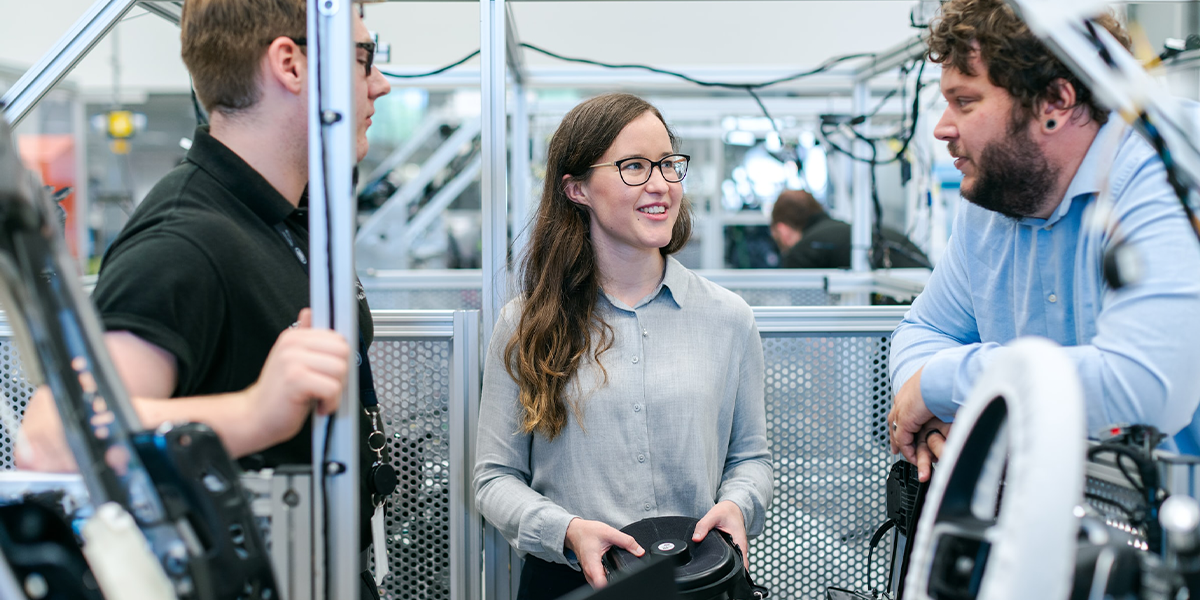If we asked you to imagine a typical engineer, what would you picture? Do they look, act or share the same interests as your child or student? With such a range of career options out there for young Australians, it can be easy to typecast certain roles – but we want to show you that there are far more engineers in the making than you might think. These are three qualities that can make for a great future career in engineering:
- They’re purpose driven, and want to change the world
When we discuss career paths which involve tackling big global problems, we’re often more likely to think of a role such as an environmental activist or a philanthropist rather than an engineer. But at its core, engineering is about devising solutions to problems of all scales – from everyday issues through to some of humanity’s biggest challenges.
Gen Z are looking for a career where they feel like they can make an impact on the people around them, and the world at large. Through a career in engineering, young people can do work that tangibly impacts society and the environment to help shape a better tomorrow.
- They love creative roles where problem-solving is at the forefront.
While we might associate engineering with big machines, bridges and tunnels, engineering is an incredibly diverse profession. There are bound to be engineers working behind the scenes of just about any sector – from arts and entertainment through to biomechanics and aerospace. While maths and science are involved in the process, they’re more often tools in a process rather than the end unto themselves.
What this means for students is that engineering can provide a great avenue to make a positive contribution to their interests. For example, while not everyone is going to be a rockstar, many people find their dream career in audio engineering. Australian special effects company Animal Logic has used engineering to provide special effects for films such as Happy Feet, The Lego Movie and many more critically acclaimed Hollywood films.
While STEM can be seen as a four-letter word for many aspiring creatives, understanding the diversity of the discipline shows students more pathways to exercise their creativity.
- They have an interest in maths and science (but don’t have to be top of the class)
As with most areas of adult life, marks aren’t everything – and that rings just as true when it comes to selecting a career path. Engineers are definitely interested in how things work, and using science and maths to help explain these phenomena, but aptitude in maths and science isn’t the be-all-and-end-all.
There are also many pathways to enter the profession if students haven’t completed prerequisite subjects before applying to university, such as bridging courses and similar programs. It’s also worth remembering that any career benefits from having knowledge from a range of disciplines. Real-life problems don’t exist in a vacuum of numbers and physics equations – they involve areas such as ecology, social sciences, and economics. Soft skills such as communication, conflict resolution and collaboration are also vital skills for career progression in engineering.
Engineering is an incredibly important sector – which makes it vital that we take a look past the surface-level stereotypes to reveal that there are more students with an aptitude for engineering than we might think.
If you or your child is interested in learning more about engineering, Engineering Your Future is a resource Year13 has developed in collaboration with Engineers Australia to shed light on fulfilling and rewarding careers in the engineering sector.






